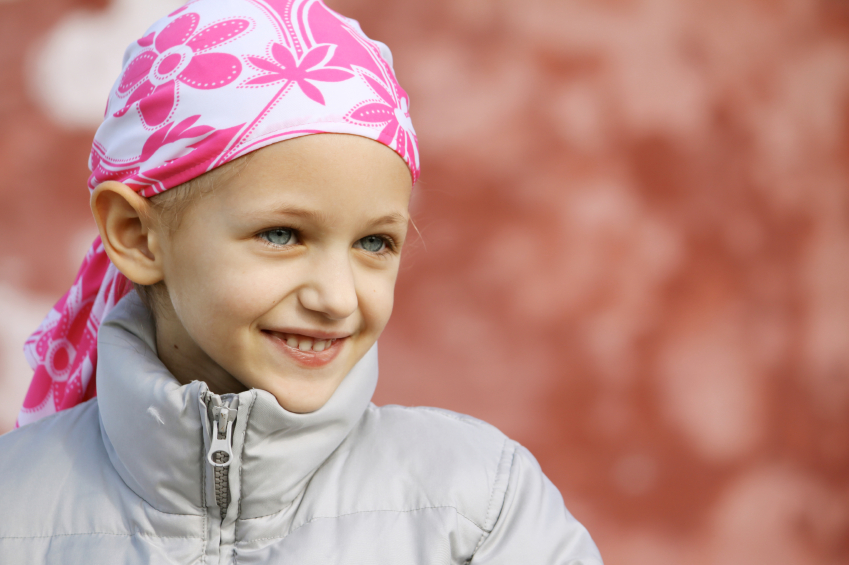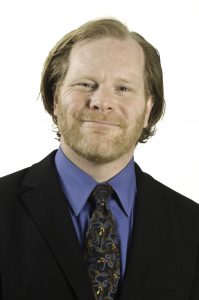
A chemotherapy drug known to cause hearing loss in children is more likely to do so the earlier in life children receive it, new UBC research has found.
Cisplatin is a life-saving treatment for many children with cancer, but the study published today in Cancer shows that the hearing of very young children is impacted early during treatment and is affected to a greater extent than that of older children.

Dr. Bruce Carleton
“This is significant as even a moderate loss of hearing can impact social development in children, particularly when it occurs during a peak time of language acquisition,” said the study’s senior author Dr. Bruce Carleton, professor at UBC’s faculty of medicine’s department of pediatrics and an investigator and director of the Pharmaceutical Outcomes Programme at BC Children’s Hospital.
Previous studies have shown up to 60 per cent of children treated with cisplatin suffer from hearing loss and 40 per cent of those children will need hearing aids.
To understand the course of cisplatin-related hearing loss, Dr. Carleton and his colleagues examined data from 368 Canadian childhood cancer patients who received cisplatin and underwent a total of 2,052 audiological assessments. All of the patients had completed cisplatin therapy.
Three years after starting therapy, 75 per cent of patients five years old and younger, and 48 per cent of patients older than five had experienced cisplatin-related hearing loss.
One year after initiating therapy, 61 per cent of patients age five and younger had experienced cisplatin-related hearing loss. At three months, 27 per cent of the same age group had experienced hearing loss.
A higher total dose of cisplatin at three months, co-prescriptions of the chemotherapy drug vincristine, and a longer duration of antibiotics administered at the same time exacerbated cisplatin-related hearing loss over time.
The underlying mechanism explaining the higher occurrence of cisplatin-related hearing loss in young children remains unclear, but maturing structures within the inner ear might be more vulnerable to the toxic effects of cisplatin.
“These results emphasize the need for audiological monitoring with each cycle of cisplatin treatment,” said Dr. Carleton. “Further investigation is needed to illuminate why younger children are more vulnerable to hearing loss and how best to protect hearing while administering this life-saving therapy.”